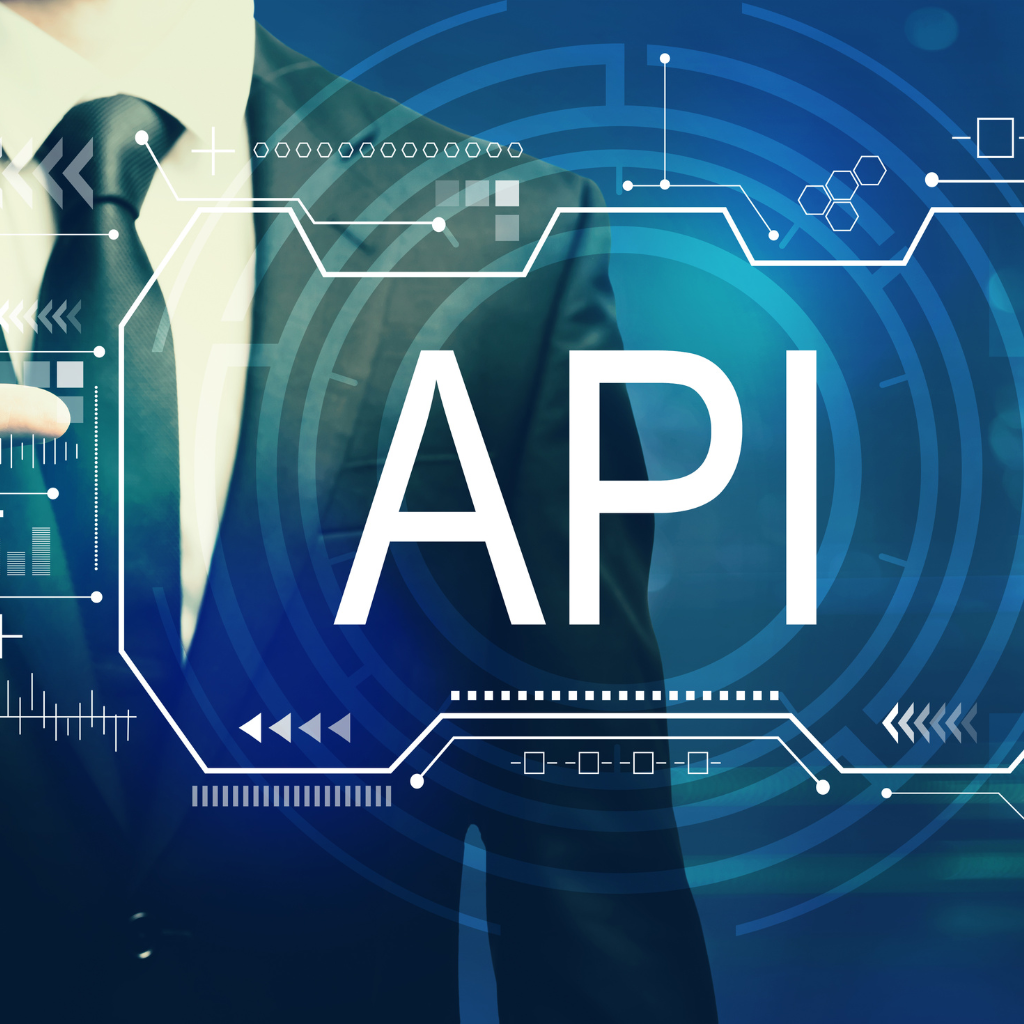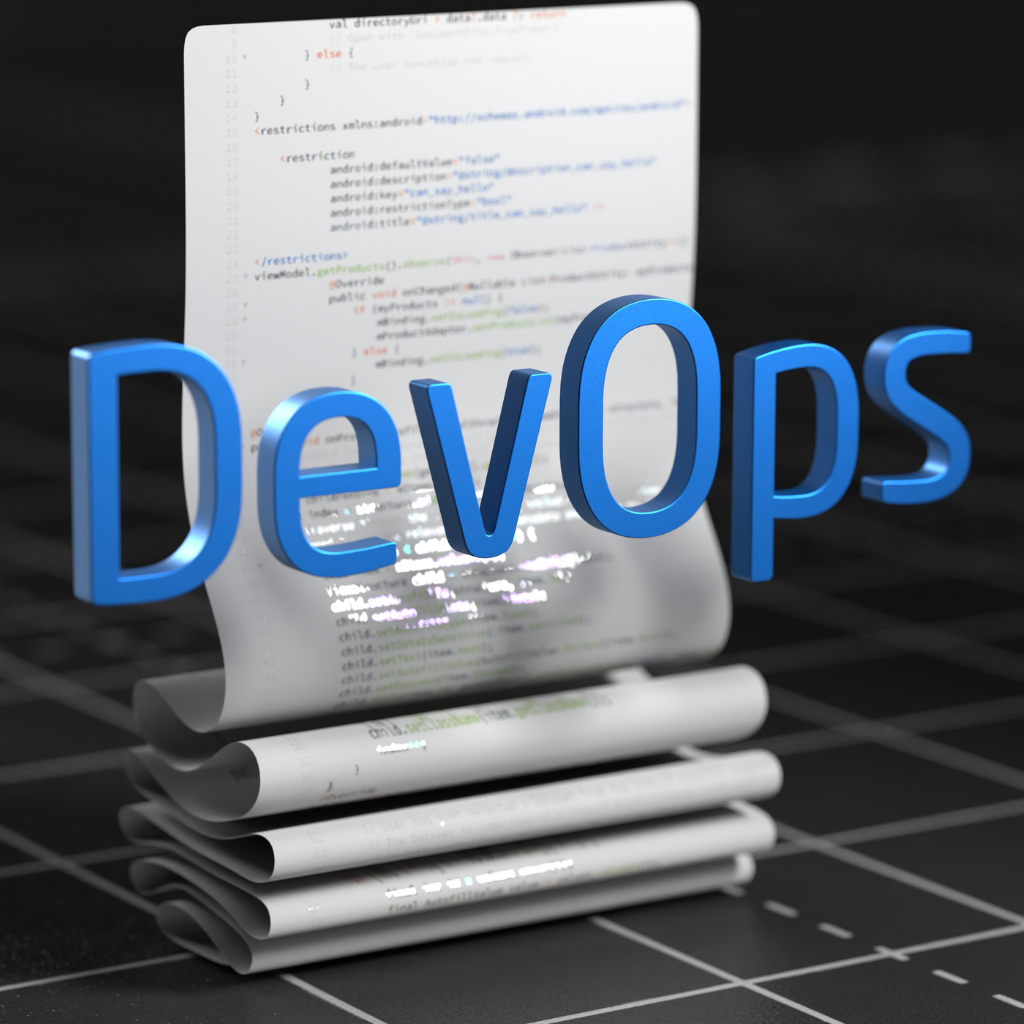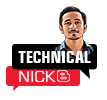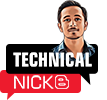In the ever-evolving landscape of technology, staying updated with the latest skills and trends is crucial, especially in the PHP tech stack. PHP remains a popular choice for web development, hire php developers for powering countless websites and applications worldwide. As we step into 2023, it’s important to identify the top technology skills in the PHP tech stack that professionals should focus on to stay competitive and meet the demands of the industry. Let’s explore the key skills that are expected to dominate the PHP landscape in 2023.
1. Laravel Framework
Laravel continues to be the leading PHP framework, known for its elegant syntax, extensive documentation, and rich ecosystem. Proficiency in Laravel is highly sought after in the job market, as it provides developers with a robust foundation to build scalable and feature-rich web applications. Its advanced features like routing, ORM (Object-Relational Mapping), and MVC (Model-View-Controller) architecture make Laravel a must-have skill for PHP developers.
Key Features:
– Elegant syntax: Laravel offers a clean and expressive syntax, making it easier for developers to write code and maintain it over time.
– Extensive documentation: Laravel provides comprehensive documentation, making it simpler for developers to learn and use the framework effectively.
– Rich ecosystem: Laravel has a vast ecosystem with a wide range of pre-built libraries and packages, allowing developers to leverage existing solutions and accelerate development.
Benefits:
– Robust foundation: Laravel provides developers with a solid foundation to build scalable and feature-rich web applications, ensuring stability and performance.
– High demand in job market: Proficiency in Laravel is highly sought after by employers, increasing job prospects and career opportunities for PHP developers. In many IT sections, people hire Laravel developers for creating an effective website.
– Advanced features: Laravel incorporates advanced features like routing, ORM (Object-Relational Mapping), and MVC (Model-View-Controller) architecture, enabling developers to create efficient and maintainable codebases.
– Increased productivity: With its streamlined development process and built-in features, Laravel helps developers save time and improve productivity during application development.
2. API Development
With the rise of microservices and the need for seamless integration between different systems, API (Application Programming Interface) development is a crucial skill in the PHP tech stack. Understanding RESTful API design principles, authentication mechanisms, and data serialization formats like JSON and XML are essential for building scalable and interoperable web services. Mastery of API development in PHP enables developers to create powerful and flexible applications that can interact with external systems.

Key Features:
– Understanding of RESTful API design principles: Knowledge of REST (Representational State Transfer) allows developers to design APIs that follow best practices for scalability, modularity, and maintainability.
– Authentication mechanisms: Mastery of authentication methods like OAuth, JWT (JSON Web Tokens), and API keys enables secure and controlled access to APIs, protecting sensitive data and ensuring proper authorization.
– Data serialization formats: Familiarity with data serialization formats like JSON (JavaScript Object Notation) and XML (eXtensible Markup Language) facilitates seamless data exchange between different systems, ensuring interoperability.
Benefits:
– Seamless integration between systems: API development skills enable PHP developers to build robust and flexible applications that can seamlessly interact with external systems and services, facilitating data exchange and integration.
– Scalable and interoperable web services: By designing and implementing APIs following industry standards, developers can create scalable and interoperable web services that can handle increasing loads and accommodate diverse platforms and technologies.
– Enhanced application functionality: APIs allow developers to extend the functionality of their applications by leveraging external services, integrating with third-party applications, and accessing additional data sources.
– Improved development efficiency: Proficiency in API development simplifies the process of building and integrating web services, reducing development time and effort, and promoting code reusability.
3. JavaScript And Front-end Technologies
PHP developers can no longer afford to overlook front-end development skills. JavaScript, along with popular frameworks like React, Vue.js, and Angular, has become indispensable in creating interactive and responsive user interfaces. Proficiency in JavaScript and its associated libraries enables PHP developers to build modern, dynamic web applications that deliver a seamless user experience.
Key Features:
– JavaScript proficiency: Mastery of JavaScript allows PHP developers to add interactivity and dynamic functionality to web applications, enhancing the overall user experience.
– Knowledge of popular frameworks: Familiarity with frameworks like React, Vue.js, and Angular empowers PHP developers to leverage pre-built components and tools for efficient front-end development.
– Responsive design: Understanding responsive design principles enables developers to create web applications that adapt seamlessly to different screen sizes and devices.
Benefits:
– Interactive and responsive user interfaces: Front-end development skills enable PHP developers to create engaging and interactive user interfaces, improving user satisfaction and overall usability.
– Modern web application development: Proficiency in JavaScript and front-end frameworks allows PHP developers to build modern web applications with advanced features and seamless user interactions.
– Expanded job opportunities: By combining front-end development skills with PHP, developers can unlock a wider range of job opportunities and increase their market value.
– Improved collaboration with front-end developers: With front-end development skills, PHP developers can collaborate more effectively with front-end developers, facilitating smoother teamwork and project delivery.
4. Cloud Computing And Deployment
The adoption of cloud computing has transformed the way applications are developed, deployed, and scaled. Understanding cloud platforms like AWS (Amazon Web Services), Google Cloud, and Microsoft Azure, and being proficient in deploying PHP applications on these platforms is becoming increasingly important. Knowledge of containerization technologies like Docker and orchestration tools like Kubernetes can enhance scalability and maintainability in the cloud environment.

Key Features:
– Familiarity with cloud platforms: Understanding cloud platforms like AWS, Google Cloud, and Microsoft Azure allows PHP developers to leverage the benefits of scalability, reliability, and cost-effectiveness offered by cloud computing.
– Proficiency in deploying PHP applications: Being well-versed in deploying PHP applications on cloud platforms ensures smooth deployment processes, efficient resource utilization, and optimal performance.
– Knowledge of containerization technologies: Understanding containerization technologies like Docker enables developers to package applications and their dependencies into portable and isolated containers, ensuring consistency and ease of deployment.
– Orchestration tools: Mastery of orchestration tools like Kubernetes helps in automating deployment, scaling, and management of containerized PHP applications, enhancing scalability and maintainability in the cloud environment.
Benefits:
– Scalability and flexibility: Cloud computing allows PHP applications to scale seamlessly based on demand, ensuring optimal performance and resource utilization.
– Reliability and availability: Cloud platforms offer high levels of reliability and availability, reducing downtime and ensuring consistent access to PHP applications.
– Cost-effectiveness: Cloud computing eliminates the need for upfront infrastructure investments, allowing businesses to pay for resources on a usage basis, optimizing cost-efficiency.
– Simplified deployment and management: Containerization technologies like Docker and orchestration tools like Kubernetes streamline deployment and management processes, reducing complexity and enhancing productivity.
– Access to a broad range of cloud services: Cloud platforms provide a vast array of services and tools that PHP developers can leverage to enhance their applications, such as databases, caching, security, and monitoring.
5. DevOps Practices
DevOps principles emphasize collaboration and automation between development and operations teams, resulting in faster development cycles and efficient application deployment. PHP developers should be familiar with popular DevOps tools like Git, Jenkins, and Ansible, enabling them to implement continuous integration, continuous deployment (CI/CD), and automate various development tasks. Embracing DevOps practices can streamline development workflows and enhance overall software delivery processes.

Key Features:
– Collaboration between development and operations teams: DevOps promotes closer collaboration between development and operations teams, fostering effective communication, and shared responsibilities.
– Automation of development tasks: Familiarity with DevOps tools like Git, Jenkins, and Ansible allows PHP developers to automate repetitive tasks, such as building, testing, and deploying applications.
– Implementation of continuous integration and continuous deployment (CI/CD): DevOps principles enable the implementation of CI/CD pipelines, ensuring faster and more frequent delivery of software updates and enhancements.
Benefits:
– Faster development cycles: DevOps practices facilitate faster development cycles by automating processes, reducing manual errors, and improving collaboration, leading to accelerated software delivery.
– Efficient application deployment: By implementing CI/CD pipelines, PHP developers can automate the deployment process, ensuring consistent and reliable application releases.
– Improved software quality: DevOps encourages continuous testing and monitoring, leading to better software quality through early bug detection, faster issue resolution, and improved code stability.
– Enhanced collaboration and communication: DevOps practices foster collaboration and communication between teams, breaking down silos, and promoting a culture of shared responsibility and accountability.
– Streamlined development workflows: Embracing DevOps principles streamlines development workflows, reducing bottlenecks, and improving overall efficiency in delivering software solutions.
Conclusion
As the PHP tech stack continues to evolve, keeping up with the latest technology skills is vital for PHP developers to excel in their careers. In 2023, proficiency in the Laravel framework, API development, JavaScript, front-end technologies, cloud computing, and DevOps practices will be in high demand. By mastering these skills, PHP developers can build robust, scalable, and future-proof applications that meet the evolving needs of the industry. Embracing these top technology skills will ensure that PHP professionals remain competitive and stay ahead in the dynamic world of web development.
Author Bio
Shimla Shukla works at Nova Techset Limited as a digital marketing enthusiast. Her areas of competence include content marketing, PPC, email marketing, and social media marketing. She has been researching digital marketing in order to share his pearls of wisdom with the rest of the world. She enjoys working on various areas and providing useful articles for readers.
To Read More Tech Blogs Visit: Technical Nick

















